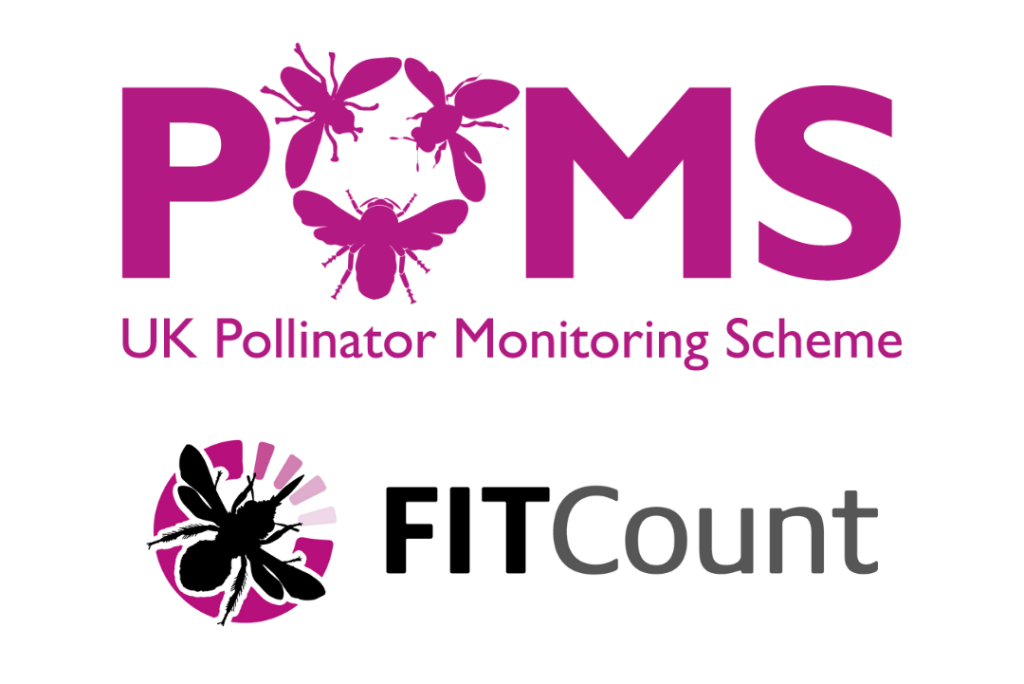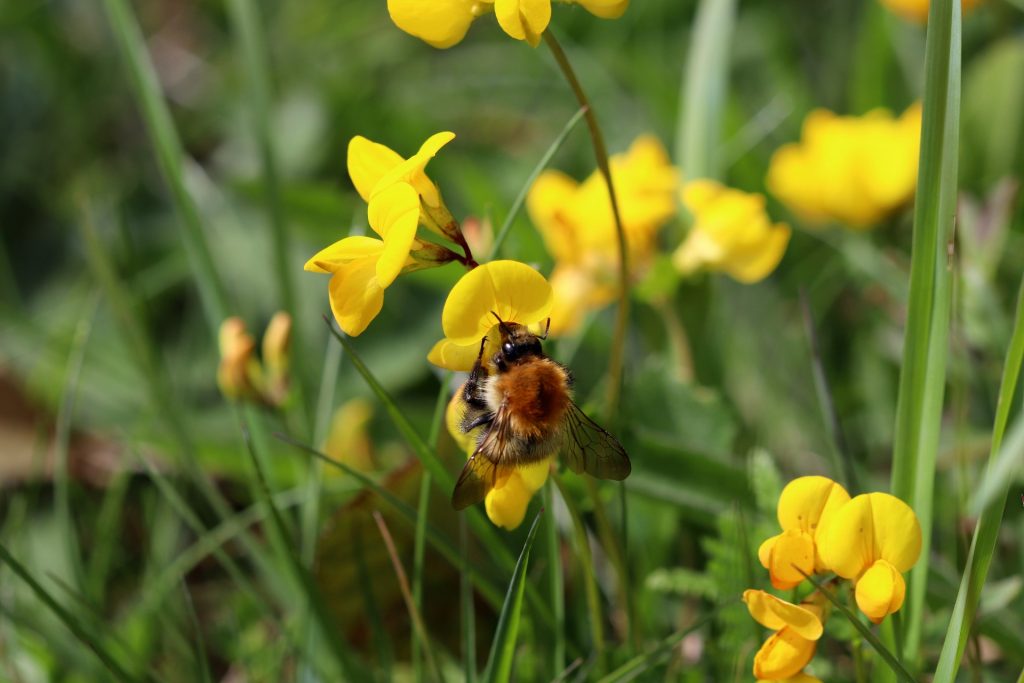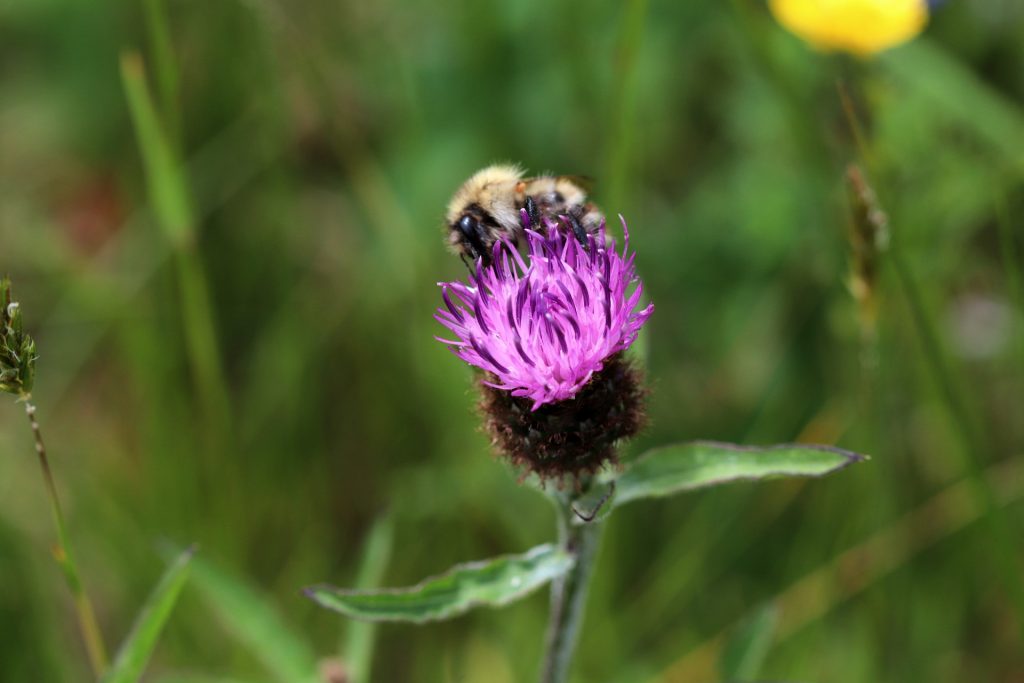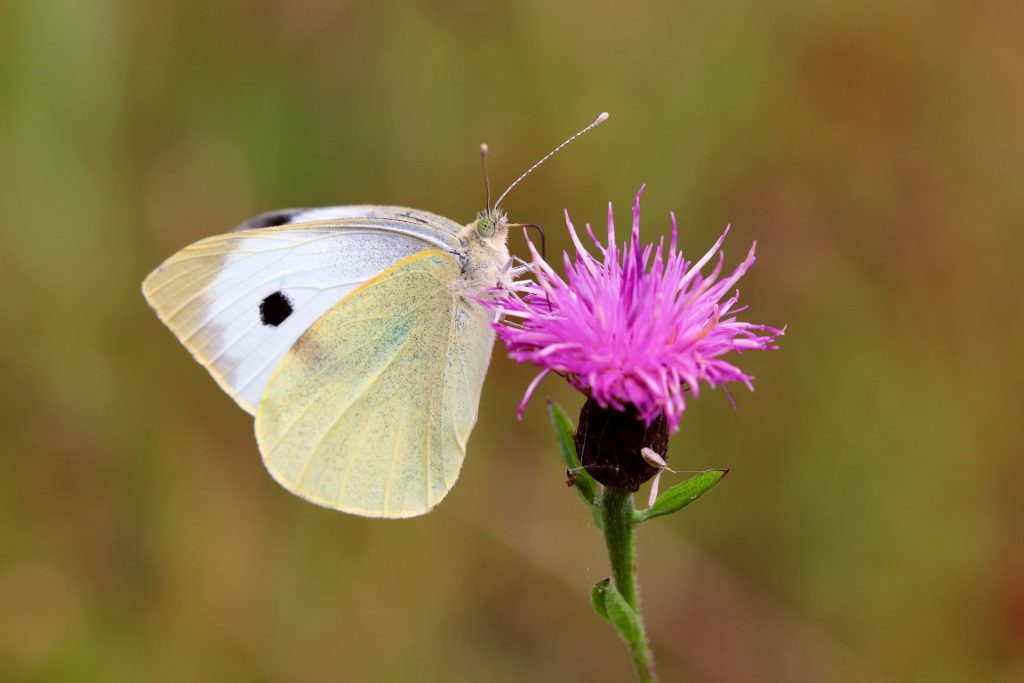
Welcome to Wildflower Watch!
Welcome to Wildflower Watch, a new citizen science project dedicated to monitoring wildflowers in our green spaces. You can help us better understand how Nature isn’t Neat is helping to create wildflower rich pollinator habitats.
About Wildflower Watch
Wildflower Watch aims to gather data on wildflower populations in towns, villages, and green spaces across Gwent. This simple 10-minute survey scheme will track how wildflowers are responding to more grass areas being left to grow in the spring and summer. By recording the presence of various wildflower species, we can see how our management is benefitting biodiversity.
People and groups of all ages can take part in Wildflower Watch, it’s a fun and easy way to start becoming a citizen scientist.
How to Take Part
To help you get started we’ve created a user-friendly Survey Guide, but the survey follows these simple steps:
- Select a survey location, such as a park, verge, garden, or community space.
- Place a 1-meter square to mark your survey area.
- Identify and record the wildflowers present in your square, from the list of 25 species in our Wildflower Guide.
- Repeat for several squares, submitting your data on the go using our online survey form.
Download the Survey Guide and Wildflower Guide
Access our online survey form here or download and print paper survey forms here.
We’ll ensure you stay informed about the survey results throughout the season. Feel free to reach out to our team, and we’ll be happy to provide you with your survey data.
Share Your Experience
Share your Wildflower Watch experiences on social media using the hashtag #WildflowerWatch to connect with others and inspire more participation.
Spread the Word
Help spread the word about Wildflower Watch by telling your friends, family, and community members about the project. Together, we can make a difference in conserving our local ecosystems.
Contact Us
For questions, please contact the Nature isn’t Neat team at gwentpollinators@monmouthshire.gov.uk
Help us record bees and butterflies
If you’d like to take your citizen science journey, why not take part in the FIT Count and help monitor the amazing diversity of pollinators that live in our green spaces?

The 10-minute FIT (Flower-Insect Timed Count) Count
Nature isn’t Neat is using the UK Pollinator Monitoring Scheme’s FIT Count, a national biological recording method, to record the abundance of pollinators in our new meadow areas.
Not only will this tell us a huge amount of information about the effect of our alternative grassland management, but your results will contribute to a national scientific study.
- Can be done at any location with flowers
- At any time when weather is good enough, from 1 April to 30 September
- Choose a patch of target flowers and count all insects landing on them within ten minutes
- Send in your count results to help build a national picture of pollinator abundance
It’s simple to enter your results, download the FIT Count app or you can use the online or paper recording form from the POMS Website.
Every FIT Count gives us a wealth of information, but if you can carry out several counts at one location over the season that helps us monitor how different insects are using our green spaces during the year.
Go to the FIT Count webpage to take part
The website has videos and instructions on how to do a FIT Count and has identification guides to the target flowers and insects to record.
What is Citizen Science?
Citizen science is scientific research carried out using participation from the public to help gather data.
In order to monitor the success of our projects, we need to collect lots of information about our grasslands and the plants and animals that use them. Nature isn’t Neat covers a huge area within Gwent and we would struggle to this by ourselves, so we need your help!
Citizen science projects are a great way to learn more about wildlife in your local area and at the same time helps us to look after it for future generations.
We have two projects you could get involved with.



This post is also available in: Welsh
